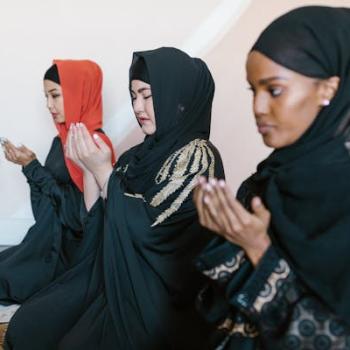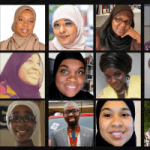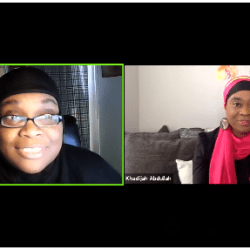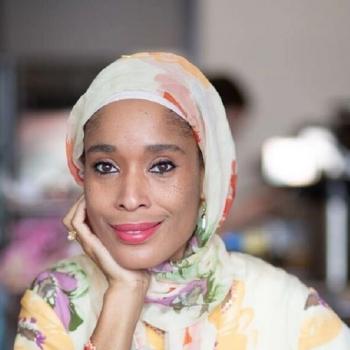The Anti-Black Elephant in the Room

Most Muslims became aware of the insensitive and flawed points made by the scholar by viewing a Facebook post about them by American Muslim scholar Suhaib Webb. Webb was at the convention, and upon hearing what was said, thought it immediately necessary to state his dissent:
“I feel compelled to address what Sheikh Hamza Yusuf said tonight at @RIS since I was there. My hope is that he will issue a clarification so we can all get on with our lives. His mistakes tonight illustrate the need for scholars and activists to sit together and learn from each other. If not, I fear that the gulf between the two will only grow wider.”
Many criticized Webb’s post as “calling out” the scholar at fault, but that oversimplifies the importance of his actions. It is highly likely that if Webb hadn’t made a public dissent from the racially-charged statements, they would have gone unchecked – wa Allahul Alim. The fact that convention organizers initially removed access to any recordings of the problematic statements reflects an inclination to place instances of cultural insensitivity towards Black Muslims into obscurity. Non-Black Muslims continually subject their Black correligionists to racial microaggressions and utilize language reinforcing the country’s dehumanizing stereotypes about them. Webb bravely decided to point out the big racist elephant in the room, which afforded an opportunity to start to deconstruct the racial underpinnings permeating American Muslim society.
Additionally, Webb’s socio-political placement as a White American Muslim male increased the potential that the racist elephant would not be left lurking in the shadows and highlights the important role that Whites have in fighting white supremacist ideology and holding their own accountable. Webb used his privilege to bring attention to a tenacious problem in American Muslim communities, and he being a White male arguably safeguarded against the dismissal of any pushback on the statements as “the Blacks” whining about race.















